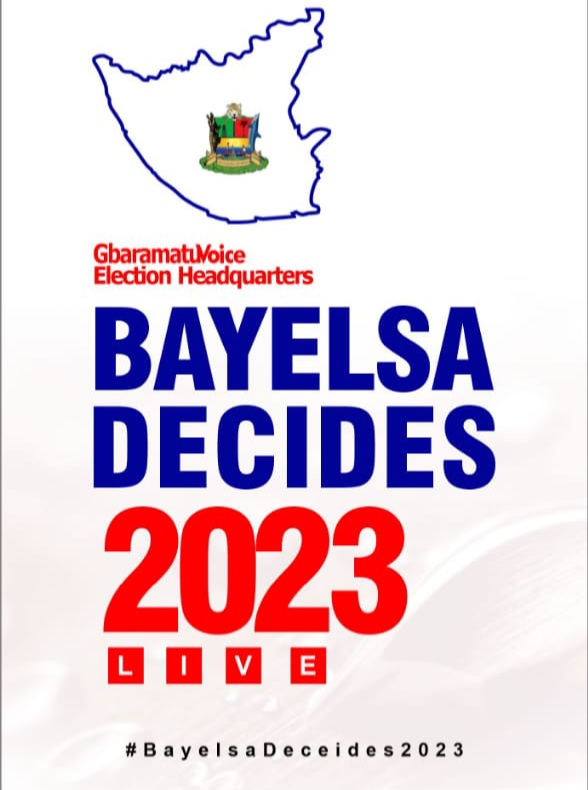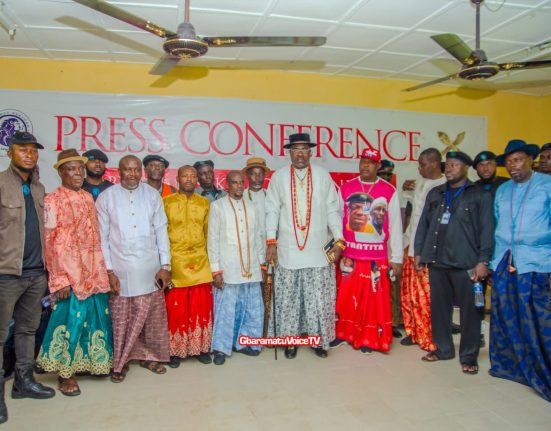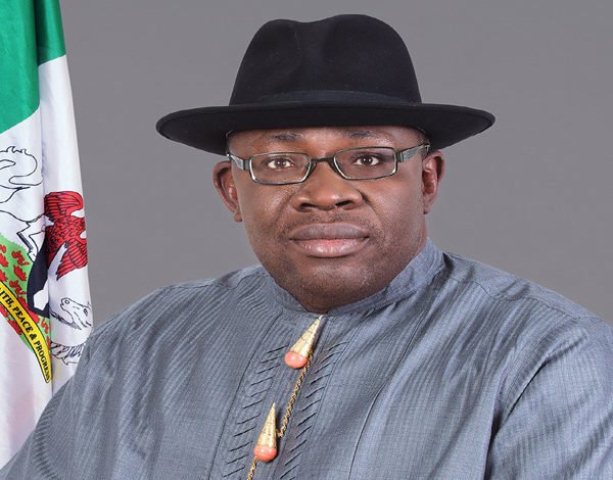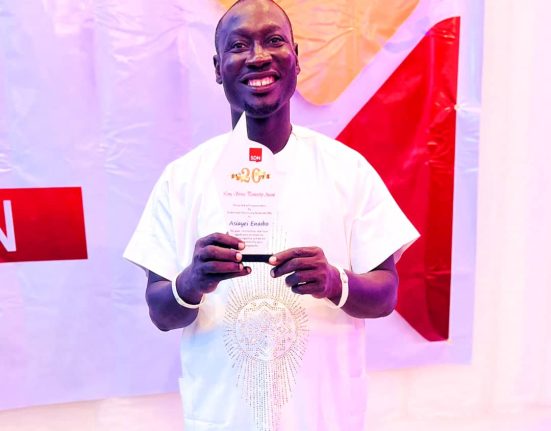Today, Saturday November 11, Bayelsa State stands at a pivotal juncture as voters embark on a highly competitive governorship election. This event coincides with elections in Imo and Kogi, marking the first off-cycle polls conducted by the Independent National Electoral Commission (INEC) since the 2023 general election.
GbaramatuVoice reports that the Peoples Democratic Party (PDP) endeavors to maintain control of the oil-rich state, while the All Progressives Congress (APC) aims for victory following the 2020 Supreme Court decision that placed Governor Duoye Diri in power after disqualifying the November 2019 winner, David Lyon, for false information provided by his running mate.
These upcoming elections provide an opportunity to evaluate the new government’s performance and gauge citizens’ responses to the incumbent administrations in Bayelsa, Imo, and Kogi.
Key Points:
- Voter Demographics: Bayelsa, with a small population, has 1,056,862 registered voters. Yenagoa, the capital, has the highest with 218,394, and Southern Ijaw follows with 184,401. Men constitute 54% of voters, and youth (18-34) are the largest group with 42%.
- Candidates: Sixteen candidates, two women among them, are contesting. The PDP’s Governor Diri and APC’s Timipre Sylva are front-runners, with Labour Party’s Udengs Eradiri gaining momentum.
- Voter Turnout Concerns: Bayelsa had the lowest voter turnout (16%) in the 2023 presidential election, raising concerns about participation in the off-cycle election.
- Information Disorder: Misinformation and disinformation are significant concerns, with political parties using influencers and youth mobilizers to spread false information.
- Local Government Dynamics: Yenagoa and Southern Ijaw are key battlegrounds, with concerns over violence and electoral malpractice. The Nembe area faces insecurity due to clashes between forces loyal to Diri and Sylva.
- Deciding Factors: Identity politics, zonal considerations, and incumbency powers are expected to influence the election outcome. Former President Goodluck Jonathan’s endorsement of Governor Diri adds a unique dynamic.
- INEC Preparedness: INEC’s role in addressing past challenges and ensuring a smooth electoral process is crucial. The introduction of the Biometric Voter Accreditation System (BVAS) aims to enhance credibility.
- Security Concerns: Insecurity, involving cultists, political thugs, militants, and ex-militants, poses a threat.
- BVAS Deployment: INEC plans to deploy the BVAS, incorporating fingerprint and facial recognition, to improve the accreditation process and enhance result transparency through the IReV central portal.
The Bayelsa election is not just a state affair; its outcome will reverberate nationally, shaping the political landscape and influencing the 2027 general elections. The stakes are high, and citizens’ engagement will play a crucial role in determining the future direction of the state. Stay tuned for real-time updates and comprehensive coverage from GbaramatuVoice.
Support Quality Journalism in the Niger Delta Region
Join us in our mission to bring development journalism, cultural preservation, and environmental awareness to the forefront. Your contribution makes a difference in the lives of the people of the Niger Delta. Donate today and be a part of the change!








